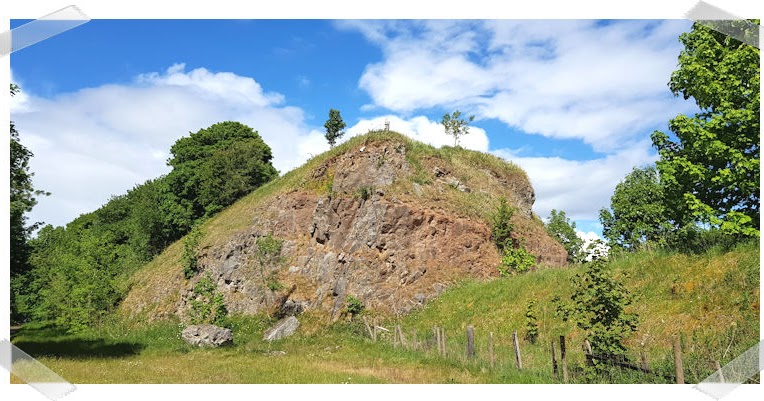
by Kris Vaughan, CHWhat is Herbal MedicineYou may often see herbal medicine referred to as botanical medicine, phytomedicine, alternative medicine, or natural remedies. Herbal medicine is the use of the chemical and energetic properties in a plant’s leaves, flowers, berries, stems, and roots to affect the body and facilitate healing.Herbal Medicine in HistoryHerbal medicine may seem like a new concept but it is actually the oldest form of medicine in history. The use of plants as medicines predates written human history. Archaeological evidence indicates that humans were using medicinal plants during the Paleolithic times, approximately 60,000-80,000 years ago.At a Neanderthal burial cave discovered in 1960, archaeologists found the body surrounded by medicinal plants. Many of those species identified at the time were still found in the area and within historical times seven had been recognized and utilized as medicinal herbs by modern humans. Yarrow, mallows, ephedra and centaury were among them, which would still be recognized and used as herbal medicines by many people today.How Does Herbal Medicine WorkEven though incredible scientific minds have been studying herbs since the 19th century, there are still many unknowns as to why herbs work. Pharmaceutical medications were developed from plants. These medications were made by isolating one main chemical of the plant thought to be the most beneficial. The simplistic nature of pharmaceuticals is also a main reason we experience a large degree of side-effects. Whole herbs contain thousand of phytochemicals that work together to produce a beneficial effect in the body and even to prevent negative side-effects in most cases.Types of Herbal MedicineHerbal medicine can be given in many forms. The form of medicine used will depend on the person, their health conditions, age, and which part of the plants are needed to be accessed. Herbal medicine can be used in the following forms:Herbal TeaTinctureSyrupsElixirsGlyceritesCapsulesSuppositoriesCompressPoulticeOilsSalvesEssential OilsSafety PrecautionsHerbal medicine is all-natural but it may not always be completely safe. Most herbs are very well tolerated and classified as safe to consume by the American Herbal Products Association (AHPA) Botanical Safety Handbook. However, there are a variety of herbs used by herbalists that require specific preparation and dosage considerations for each individual. Herb and drug interactions may also be a consideration when using herbal medicine along with pharmaceutical medications. For these reasons, it is important to work with a qualified and certified herbalist or a physician who is well educated in the use of herbal medicine.
Top 5 This Week
Related Posts
What is Herbal Medicine? — Herbal Wisdom Institute


